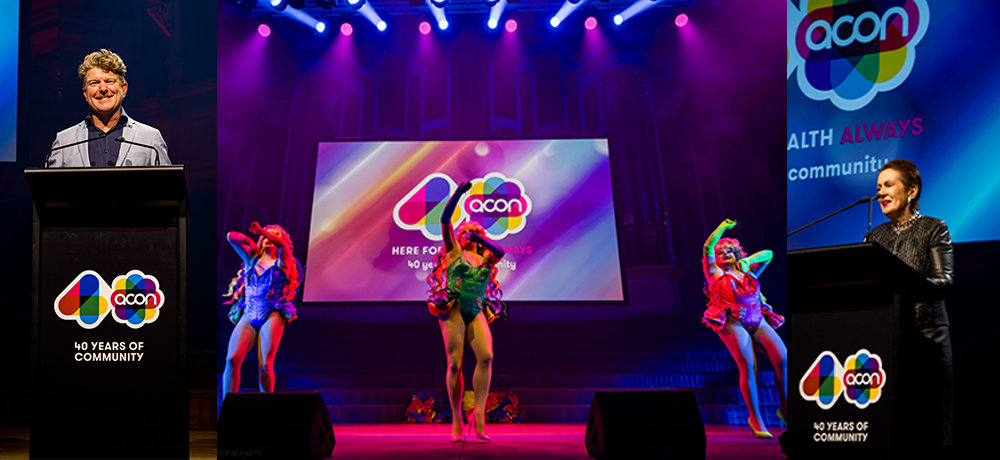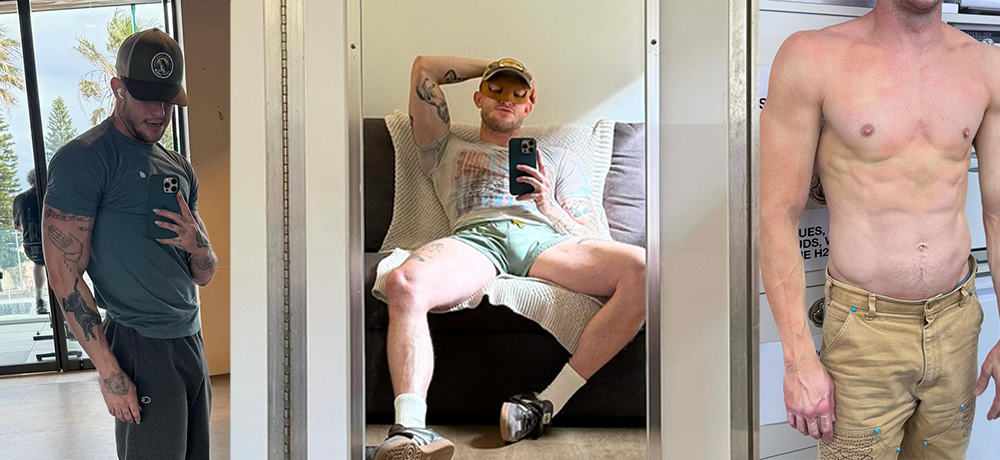
Towards marriage equality
There has been a lot of discussion recently about the possibility of passing laws granting same-sex marriage at a state level.
This has an obvious appeal, given the federal marriage ban and the continued hostility of the federal government to every area of lesbian and gay rights, while at a state level relationship reforms have been significant.
NSW passed widespread same-sex relationship recognition in 1999, Victoria in 2001, Queensland and Western Australia in 2002, NT and Tasmania in 2003 and the ACT in 2004.
Only South Australia has not yet passed laws granting same-sex relationship recognition (their legislation is presently stuck in the upper house).
The states have been good to us and the federal parliament will be hostile for at least another three years. So why not try for state marriage?
The answer is because marriage has never been a state matter in Australia (unlike in the US and Canada), so whatever rights the states could grant, and whatever they called the status, it would not actually be marriage as we know it.
An essential element of marriage, and one of the reasons that people want it, is that its formality ensures a certainty of legal status that is universal and portable -“ once you are married, that relationship is accorded automatic status across all the laws of Australia and the world. Marriage is a one-stop shop -“ it means the same thing everywhere.
State marriage, no matter what it was called, would not actually be marriage, because it would not grant the status of marriage.
If a couple were married in NSW or Tasmania under state law, they would not be married if they moved to or visited other states in Australia.
They would not be married in federal law -“ so they would remain single for tax, immigration, Medicare and social security, and would still be unable to use the Family Court for property disputes.
Nor would they be married once they went to visit or live in other countries.
Even in the state in which they married, a lesbian or gay married couple would not actually have any greater rights than they do now.
The widespread recognition of de facto relationships means that there would be virtually no difference in legal status in every state except South Australia.
In NSW unmarried and married couples are treated equally in virtually every area of law.
The only laws that differentiate between couples are those concerning parenting -“ where the line is drawn between same-sex and opposite-sex de factos, rather than between married and de factos.
However, this would not automatically change if there were state marriage, because it is gender and not marriage that is the discriminatory factor in these laws.
NSW laws such as the Adoption Act and the Status of Children Act (which grants automatic parental status for a woman’s partner if she has a baby through fertility procedures) and the Births Deaths and Marriages Act (which controls birth certificates) use specifically gendered language, i.e. a woman and her husband or a woman and a man who are married.
Thus a same-sex married couple would not automatically be parents of their child, would not be able to adopt an unrelated child as a couple, would not be able to use step-parent adoption provisions so the parent’s partner could apply to adopt their child, and the couple would not be able to register themselves as parents of the child.
It is also vitally important to note that, even if the state marriage did grant parenting rights to same-sex married couples, this would perpetuate discrimination against unmarried same-sex couples.
Unmarried lesbian and gay parents would then be denied parenting rights granted automatically to opposite-sex couples, both married and de facto, and would have lesser rights than lesbian and gay couples who did marry.
Any attempt to make parental rights dependent upon marriage is a move away from, not towards, equality.
So state-based marriage would not lead to any increase in rights for same-sex couples or parents in state or federal law. Nor would it be marriage in the sense that we now use it, a status that is fixed and universal.
Marriage, if it is sought at all, must be sought at a federal level to have any real effect.
Jenni Millbank is associate professor of Law at the University of Sydney and an expert on same-sex relationship and parenting recognition. She served for several years as a board member of the Gay and Lesbian Rights Lobby.









